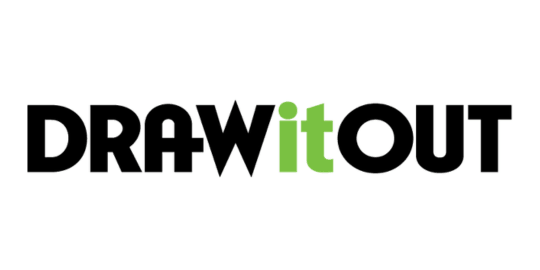
Ultimate Guide to Equine Wellness with Draw It Out®: Natural Relief from Nose to Hoof
Looking for a complete horse care system that actually works? From injury recovery to everyday grooming, Draw It Out® covers it all with ...

Owning a horse is rewarding, but it comes with real responsibility. From choosing the right partner to feeding, housing, and daily care—this guide covers what every first-time owner should know.
Start with your goals: trail riding, showing, working cattle, or companionship? Match your experience and ambitions with the right breed, age, and temperament. While foals require advanced handling, many beginners do best with calm, trained horses aged 5–10 years.
Horses thrive with proper housing and turnout. A safe, ventilated barn or run-in shed protects from weather extremes. Plan at least 1–2 acres per horse for turnout, grazing, and mental health.
A horse’s diet revolves around forage—hay and pasture. Add concentrates or supplements only as needed, based on workload and veterinary advice. Clean, unfrozen water should be available at all times.
Daily grooming keeps the coat healthy, builds trust, and gives you a chance to spot injuries or changes. Hooves should be picked daily to prevent debris buildup and infection. Partner with a farrier for trims or corrective shoeing.
Consistent groundwork builds trust and manners. Begin with lunging and leading before progressing to riding. Exercise should be regular and scaled to your horse’s age and fitness.
Horses are herd animals. When possible, provide companionship with another horse, pony, or even compatible livestock. Social interaction prevents stress and boredom.
Wear a helmet, learn equine body language, and handle calmly but firmly. Beginners should work under the guidance of an instructor and use enclosed spaces until both rider and horse are confident.
Check local zoning and boarding regulations, follow manure management rules, and always prioritize equine welfare. Ethical ownership means lifelong commitment to a horse’s health and happiness.
Pro Tip: Healthy hooves = a healthy horse. Products like Silver Hoof EQ Therapy® support strong, resilient hooves—an essential for every new owner.

Looking for a complete horse care system that actually works? From injury recovery to everyday grooming, Draw It Out® covers it all with ...

You haven’t seen Draw It Out® plastered across magazines or parading down aisles with neon lights—and that’s by design. While other bran...

Fast-acting, non-greasy cream for horses. Rapid Relief by Draw It Out® supports recovery, comfort, and daily care—trusted by riders acros...
!